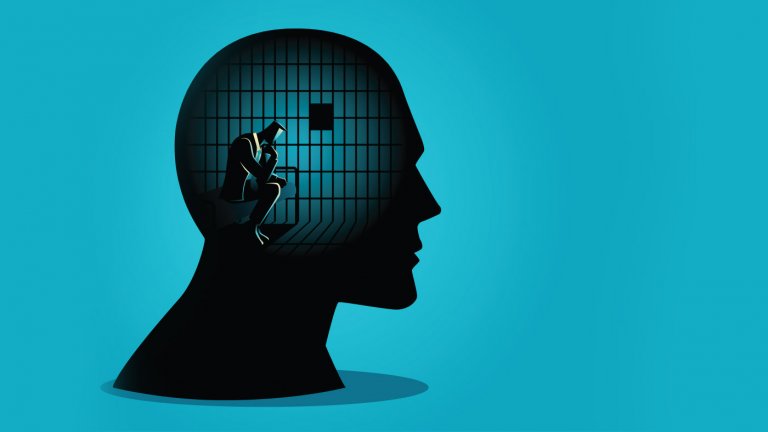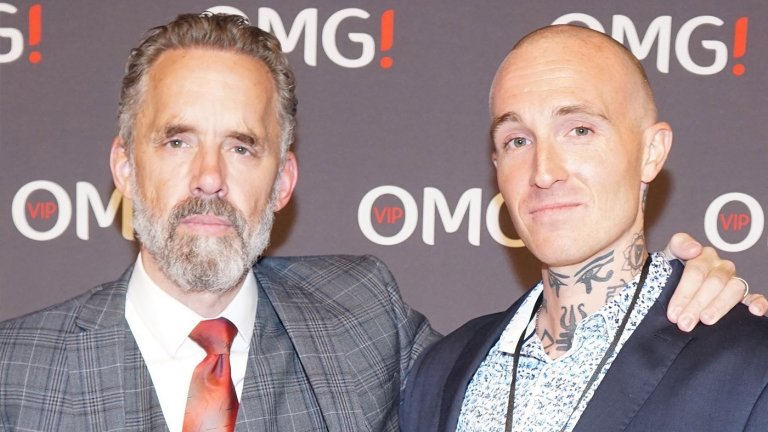The challenges of discontinuing antidepressants were never adequately conveyed to me.
When I decided to stop taking antidepressants, the withdrawal symptoms hit me hard. I experienced daily panic attacks, vertigo, brain zaps, and intense anxiety for the initial three months. Tasks as simple as holding a cup of coffee became precarious, with tears a daily occurrence. The challenges of discontinuing antidepressants were never adequately conveyed to me.
Even after six months, I still felt restless and prone to tears. It felt like my brain was readjusting, accompanied by unsettling sensations and sporadic zaps.
I recently shared my journey on X in response to an article discussing the accessibility of antidepressants without a prescription. While some argue for easier access, my experience strongly aligns with those who advocate caution. For me, the process of discontinuing antidepressants often interchanged with anti-anxiety medications, was arduous and not to be taken lightly.
Unlike previous attempts, my successful withdrawal was prompted by various factors, including a change in medication and an unexpected medical consultation while my primary doctor was away. Despite the unconventional approach, it led me to cease medication abruptly, triggering an intense rollercoaster of withdrawal symptoms.
These symptoms, ranging from panic attacks to cognitive freezes, were debilitating and unpredictable, often occurring over trivial decisions. Support from understanding friends, coupled with physical activities like running and weight training, provided some solace during this tumultuous period.
Moreover, my journey to recovery was fortified by the adoption of Cognitive Behavioral Therapy (CBT), dietary adjustments due to gluten intolerance, and a holistic approach to health and well-being.
While antidepressants initially seemed beneficial, their long-term effects and withdrawal challenges were inadequately disclosed by medical professionals. It's concerning that side effects, such as weight gain and night sweats, were not thoroughly explained, leading to additional medication instead of addressing the root cause.
My experience echoes the struggles of many others, revealing lesser-known complications like post-SSRI sexual dysfunction and psychotic episodes. It underscores the necessity for comprehensive discussions on treatment options, emphasizing holistic approaches and informed consent.
In light of these complexities, the notion of making antidepressants available over the counter seems premature and potentially harmful. A more prudent approach would prioritize informed decision-making, comprehensive support systems, and holistic treatment modalities.






